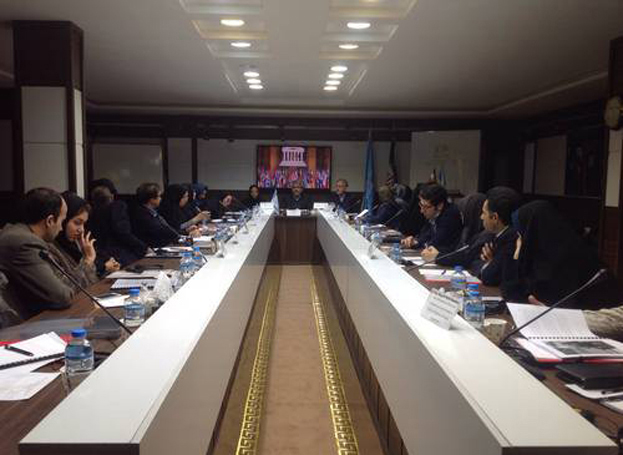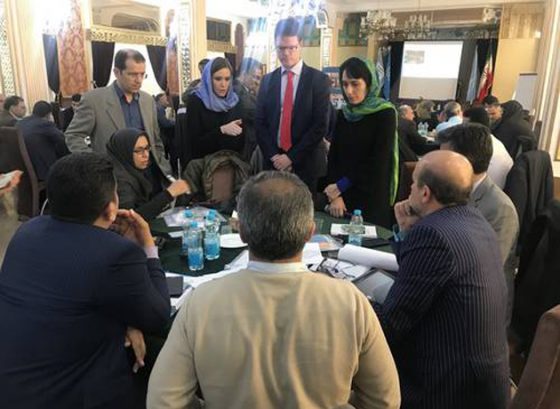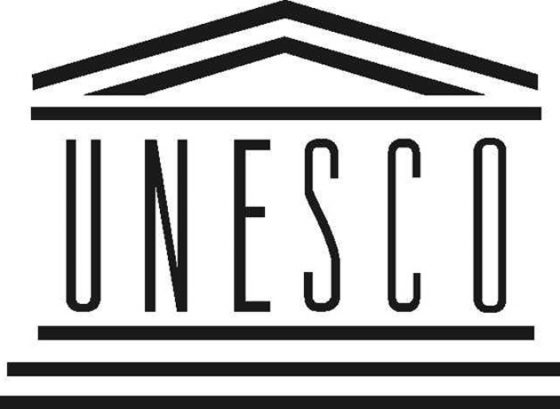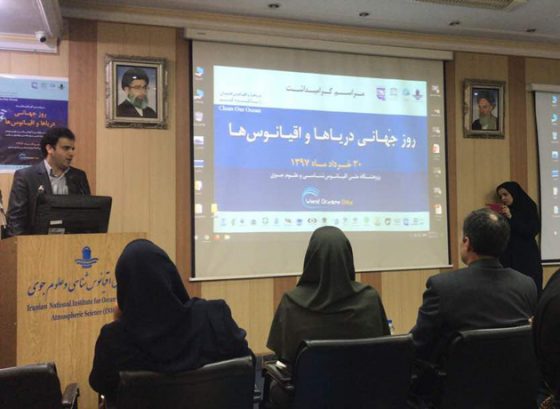UNESCO organizes a consultative expert meeting on development of a national plan of action to introduce ICT accessibility for persons with disabilities

UNESCO embarked on a two-day consultative expert meeting on the development of a national policy to introduce ICT accessibility for persons with disabilities, AVA Diplomatic reports.
The meeting was a joint initiative of the UNESCO Tehran Cluster Office and the Iranian National Commission of UNESCO. It brought together experts and representatives from the Ministry of Education, ICT Organization, the Social Welfare Organization, academia and NGOs working in the field of disabilities.
Ms. Esther Kuisch Laroche, Director of the UNESCO Tehran Cluster Office welcomed the participants and talked about the impact of new information and communications technologies.
“Information and Communication Technologies (ICT) have the potential of making significant improvements in the lives of persons with disabilities, allowing them to enhance their social, political and economic integration in communities and society, by enlarging the scope of activities available to them”, said Ms. Kuisch Laroche. “Removing barriers to accessing ICT by persons with disabilities is of paramount importance. In today’s world, no one should be excluded from using mobile phones, the Internet, televisions, computers, electronic kiosks and their myriad of applications and services, including in education, and cultural activities or for e-government or e-health services, to cite just a few examples. Being excluded from these ICT-enabled applications implies being shut out not only from the information society, but also from accessing essential public services, as well as from the opportunity to live an independent life.”
The next speaker was Dr. Nasiri Gheydari, Secretary General of the Iranian National Commission of UNESCO. He stressed the importance of the meeting and added that practical action plans needed to be implemented in order to employ ICT Technology to increase social inclusion for persons with disabilities. He referred to the recently developed Nation Plan of Action for the implementation of SDG 4 on Education and said this could be used as a very good example.
Mr. Jahangard, Head of the ICT Organization, talked about the endeavors made to prepare legislative grounds in the field of ICT and disability in Iran. “ICT and disability is a new field in Iran and we need to use the best global practices and successfully implemented projects as models to develop our own national policies”, he said. In this regard, he said that cooperation with UNESCO was very important.
Dr. Irmgarda Kasinskaite-Buddeberg, Programme Specialist in the Communication and Information Sector in UNESCO HQ, facilitated the two-day discussions and introduced UNESCO’s Model Policy on Inclusive ICTs in Education for Persons with Disabilities, which was published in 2014, and UNESCO’s Guideline on the Inclusion of Learners with Disabilities in Open and Distance Learning.
The outcomes and recommendations from the expert meeting will be presented to policy makers in Iran in order to foster greater inclusion of persons with disabilities.




